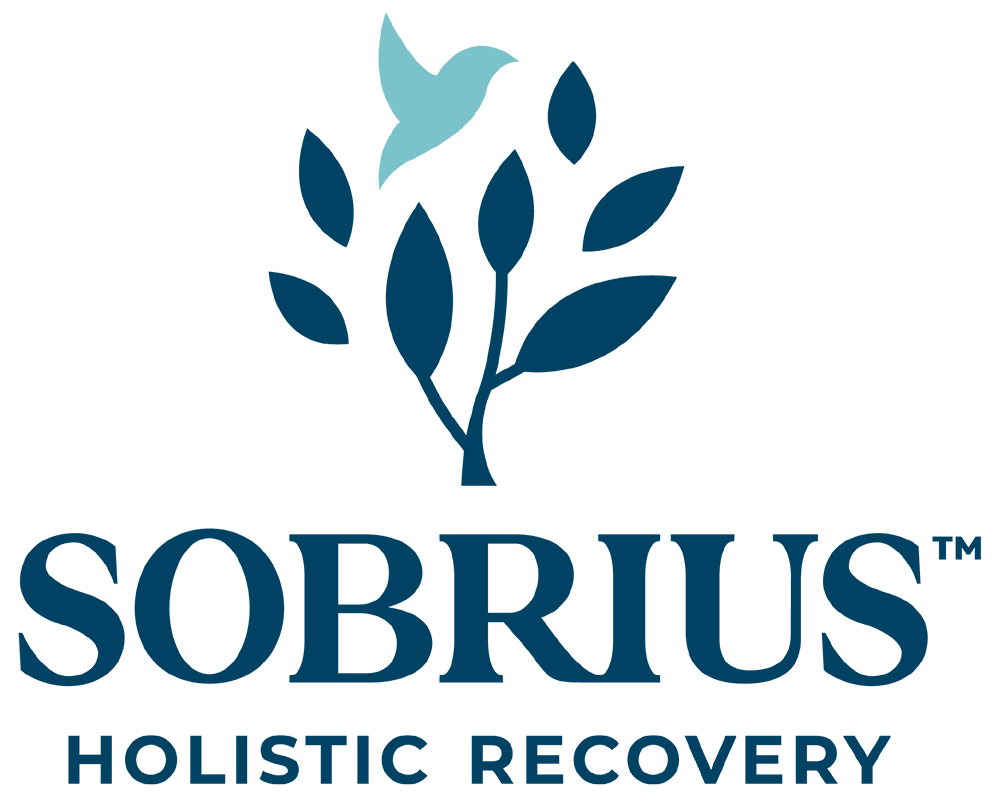Do you have a loved one receiving help at a substance abuse treatment center in Galax, VA? Knowing how to support someone in rehab is a learning process. You may feel nervous and proud at the same time. If you have questions or feel unsure of how to offer support, that’s natural. Recovery is an emotionally challenging process for everyone involved.
At its core, rehab is a time of transition, and change is often difficult, even when it’s positive. Taking the time to learn about helping your loved one shows them that you sincerely care about their well-being and want to be a reliable source of healthy support.
The professionals at Sobrius can help.
How to be supportive of someone in rehab
No one can overcome a substance use disorder alone, but that doesn’t mean someone else’s sobriety is your responsibility. Support means being empathetic, patient, understanding, and honest—all while keeping the person accountable for their behavior.
Set healthy boundaries
Healthy boundaries are limits on behavior that help keep all parties safe. For example, a person in recovery may need their loved ones to abstain from drinking alcohol in their presence, especially early in recovery.
Family members need to maintain healthy boundaries, too. One example might be an agreement that their loved one will not ask for money or rely on them for housing.
Offer consistent encouragement
Any discussion on how to support someone in rehab must include encouragement, which takes many forms and is not the same for everyone.
Ask your loved one if there are specific ways you can support their recovery. They may need a ride to a 12-step meeting or someone to listen to them without judgment.
Respect the recovery process
Recovery isn’t a straight line. Doubts, emotional ups and downs, and relapses are all part of the process. If your loved one is showing up to their therapy appointments, attending support meetings, and doing the “work” of recovery, maintain trust in the process and the person.
Practice self-care
Taking care of yourself may not seem like it should be on a list of how to support someone in rehab, but self-care is an essential part of being supportive. You can’t be there for someone else if you’re physically or emotionally exhausted. Take time to meet your own needs before you try to meet anyone else’s.
Behaviors to avoid
Helping your loved one adjust to life without substances includes “dos” and “don’ts.” Some of the behaviors to avoid include:
- Enabling
- Pressuring for updates or doing too much too soon
- Taking things personally
- Bringing up the past
- Withholding love
- Excluding them from family events
You may also want to avoid drinking alcohol or having substances around your loved one. Providing a safe, substance-free place where they can feel included is a way of showing love and support.
How do you support someone coming out of rehab? There’s no simple answer, but communicating with them to learn more about their needs is a good start.
What to tell people when someone is in rehab
Honesty is one of the best ways to help fight the stigma around mental health concerns. However, the person in rehab may not be ready to share their personal information with everyone.
Knowing what to tell people when someone is in rehab may require diplomacy. A simple statement, such as, “They are receiving medical treatment,” is both honest and concise.
Take charge of your mental health with substance abuse treatment in Galax, VA at Sobrius
Treatment for substance use disorder is a family affair. Close friends and loved ones may also benefit from education and therapy to help heal the relationship damage caused by addiction.
How do you support someone coming out of rehab? The best advice is to do all you can to understand addiction. Set healthy boundaries and respect the other person’s boundaries. Offer consistent encouragement and reach out to Sobrius for guidance and resources. Call Sobrius at 888.596.6514 or use our convenient online contact form to learn more ways you can help.

